Slesers and Roslikov parties do not support Latvia’s withdrawal from the Convention, which prevents the use of infantry mine / day
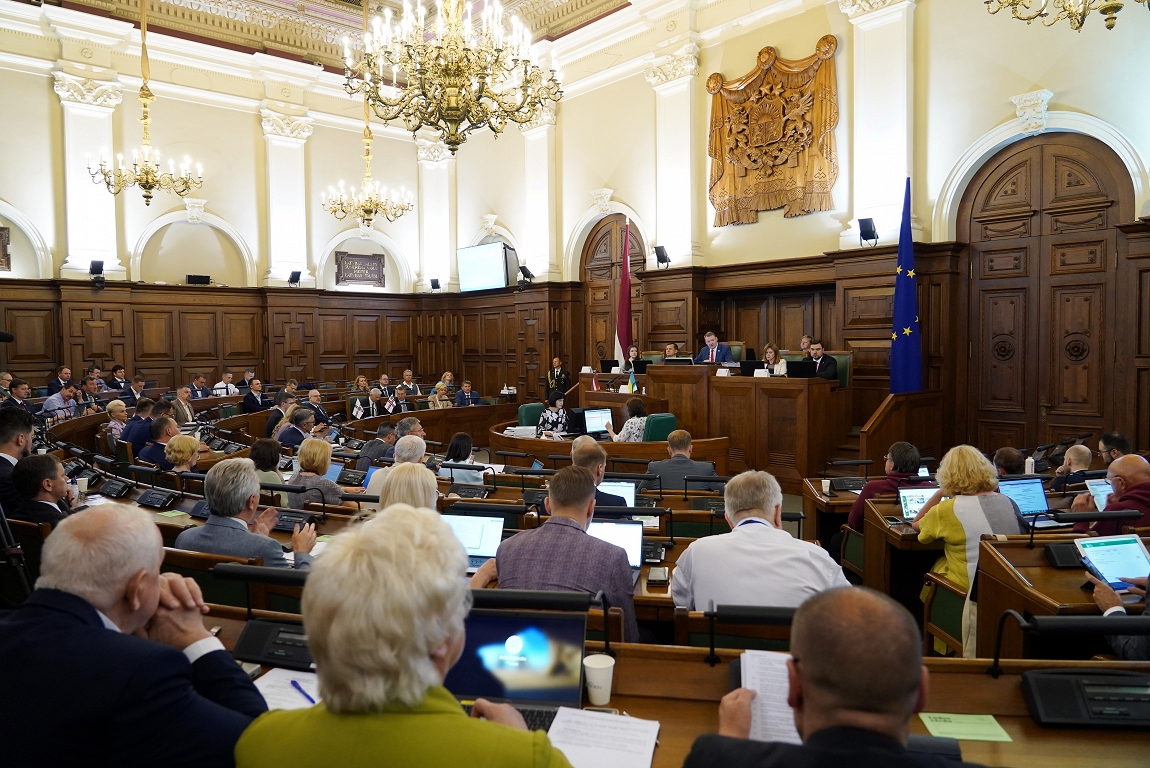
The draft law will be considered by the Foreign Affairs Committee, the Defense, Home Affairs and Corruption Prevention Commission and the National Security Commission. 70 parliamentarians voted on the bill, but 18 « Latvia in the first place » (LPV) and « stability » voted against it.
Ainars Latkovskis (JV), Chairman of the National Security Commission, said that if the abandonment of the Infantry Mine Convention is able to increase Latvia’s defense capabilities, there should be no doubt about the choice.
« It is important to show everyone and everyone that democracies are not weak, that they are ready to protect themselves with all the means and weapons available, and that anyone who tries to deny us our freedom will have to pay for it at an extremely high price, » the politician said.
LPV deputy Edmunds Zivtiņš criticized the idea of leaving the Ottawa Convention. In his view, the idea points to political short -sightedness, the non -evaluation of history and the situation. In his words, this is a political decision, but politicians have to take into account that the Latvian National Armed Forces Commander will have to review defense plans and to break the resources. In the opinion of Zivtiņa, the national defense capabilities will be worsened.
A similar bill was made by members of the National Association, which MEP Jānis Dombrava (NA) also called for the commissions to be referred to the commissions, as in his opinion it was more legally correct. The majority of Parliament rejected it.
Latvia is expected to leave the Synchron with Estonia, Lithuania and Poland from the Convention, according to the Ministry of Foreign Affairs (MFA).
The MFA explains that this Convention was adopted on September 18, 1997, but came into force in 1999. It has been joined by more than 160 countries around the world, including most Western countries. China, Russia, USA, India and Pakistan have not joined the Convention.
Member States of the Convention shall never use or under any circumstances, not to develop, not to produce, not to produce, or to receive a different way, to store, to preserve, or not to give anyone directly or indirectly.
Similarly, members of the Convention shall undertake not to assist in any way, not support or encourage anyone on actions that any Member State has been prohibited in accordance with the Convention. Each Member State also undertakes to destroy all infantry mines or to ensure their destruction in accordance with the provisions of the Convention.
The moment Latvia’s accession to the Ottawa Convention was decided, there were no military, strategic or security reasons why Latvia is not accompanied by it, while the security situation in the Baltic region has changed at the moment, the MFA points out.
The ministry notes that, through full -scale aggression against Ukraine, Russia has shown that it does not comply with the territorial boundaries and international law of sovereign states. Therefore, it is important for Latvia to maintain freedom of choice and flexibility to apply various weapon systems and solutions to strengthen discouraging and national protection, emphasizes the MFA.
Referring to the war in Ukraine, the ministry points out that non -conductor mine in combination with other mines and arms systems increases the lethality of the Defense Forces by delaying or stopping Russia’s mass movement. The MFA also concludes that in the context of the current regional security situation, the Ottawa Convention restricts the possibilities of Latvia’s defense, completely excluding the use of an effective military protection product – infantry mine.
The MFA adds that the issue of withdrawal from the Convention has also been raised in other countries of the region, ensuring the possibility of solidarity and united to decide on withdrawal. In view of the security situation changes in the region, Latvia’s defense needs, consultations with the Allies, and to confirm solidarity and unity with other countries in the region, Minister of Defense Andris Sprūds (P) has called for Latvia’s withdrawal from the Ottawa Convention in a joint statement with Estonian, Lithuanian and Polish defense ministers.
The Convention also stipulates that each Member State is entitled to withdraw from it in implementing its national sovereignty. The Member State shall notify the withdrawal of all other Member States, the UN Secretary -General and the UN Security Council. The withdrawal shall enter into force six months after the withdrawal document has received the depositary. Accordingly, Latvia will have the right and the ability to use, purchase or produce infantry mines.
The MFA emphasizes that Latvia will continue to comply with international obligations, including humanitarian rights, while ensuring its security needs.
The ministry also notes that any possible purchase, placement and use of non -conductor mines will depend on military logic and need, as well as the priorities of the defense capacity and the available funding.
LETA has already written that Latvia, Estonia, Lithuanian and Polish defense ministers have reached a regional agreement to strengthen their borders to the withdrawal of countries from the Ottawa Convention prohibiting the use of infantry mine.
On March 18, the Latvian government decided to launch the process so Latvia would leave the Convention.

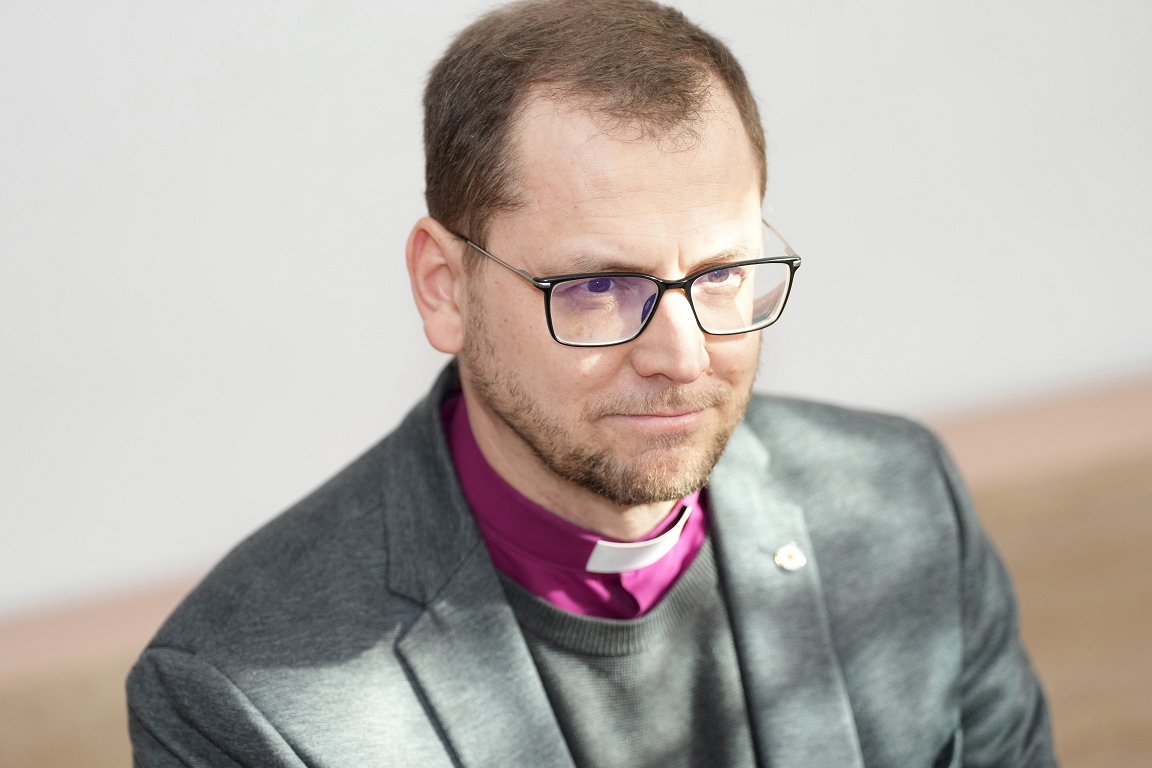
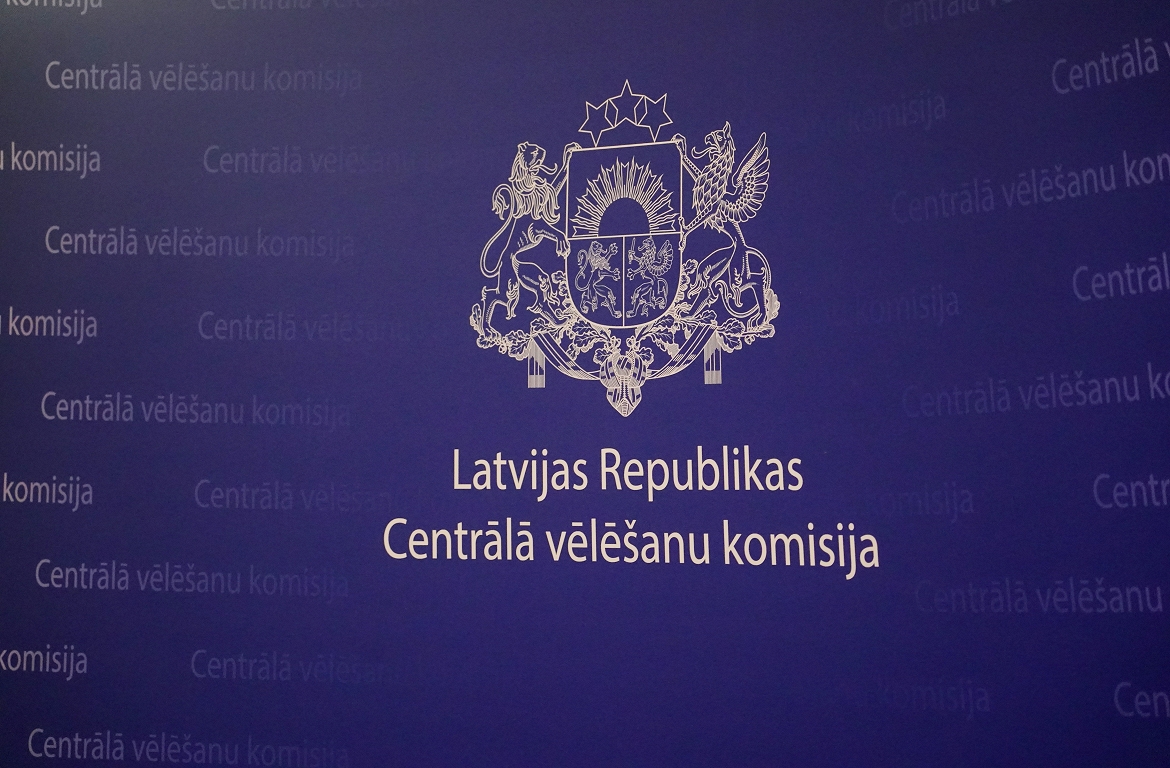
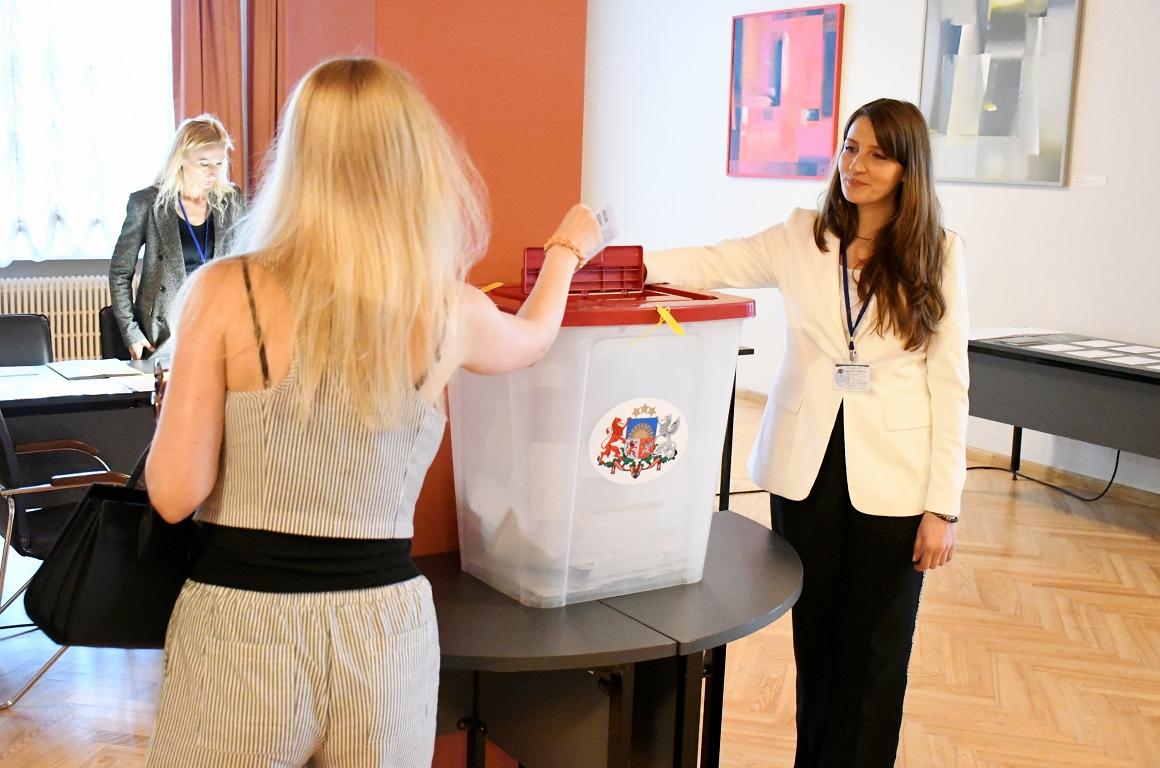

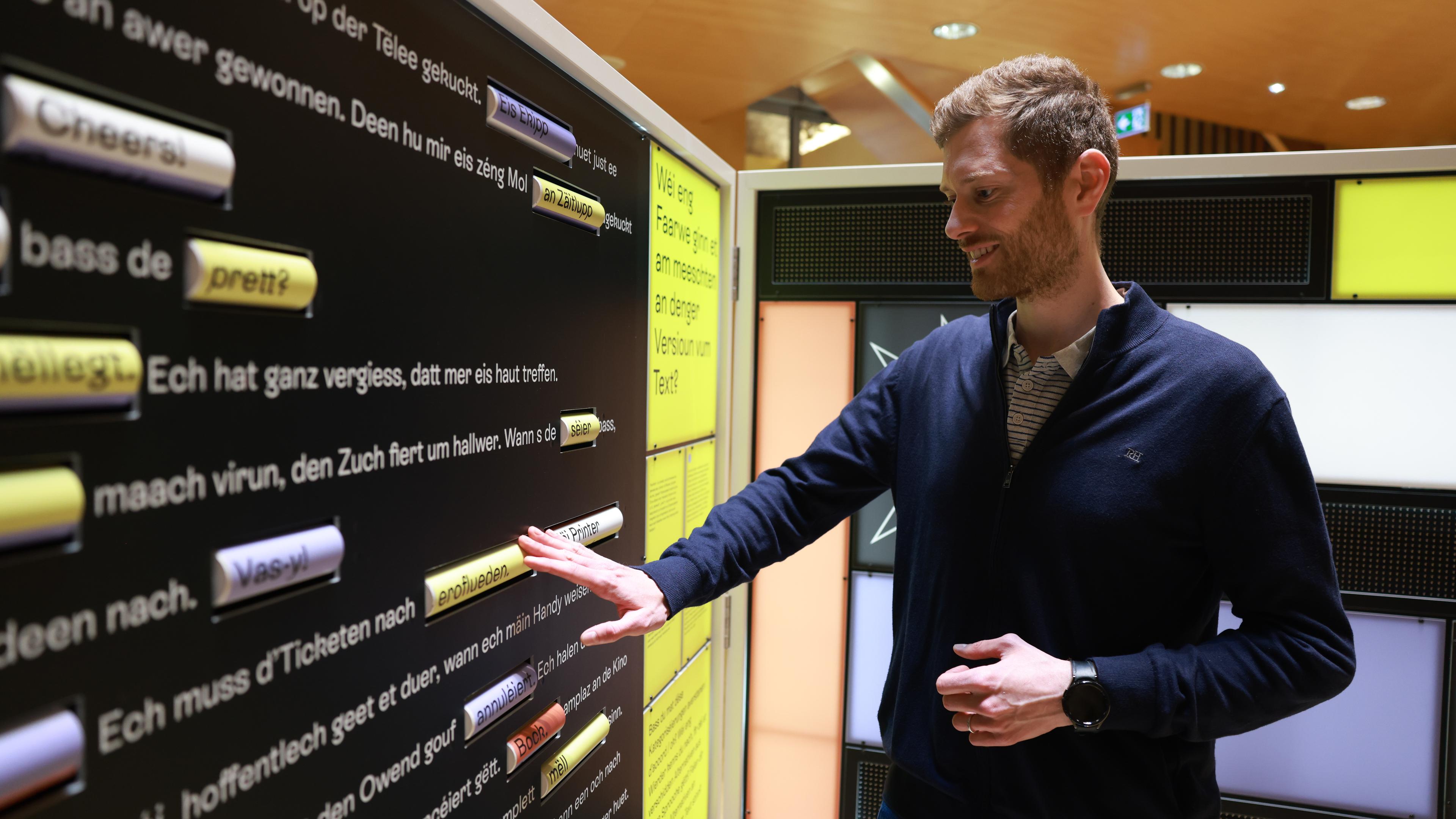
/s3/static.nrc.nl/images/gn4/data133355903-5bc084.jpg)